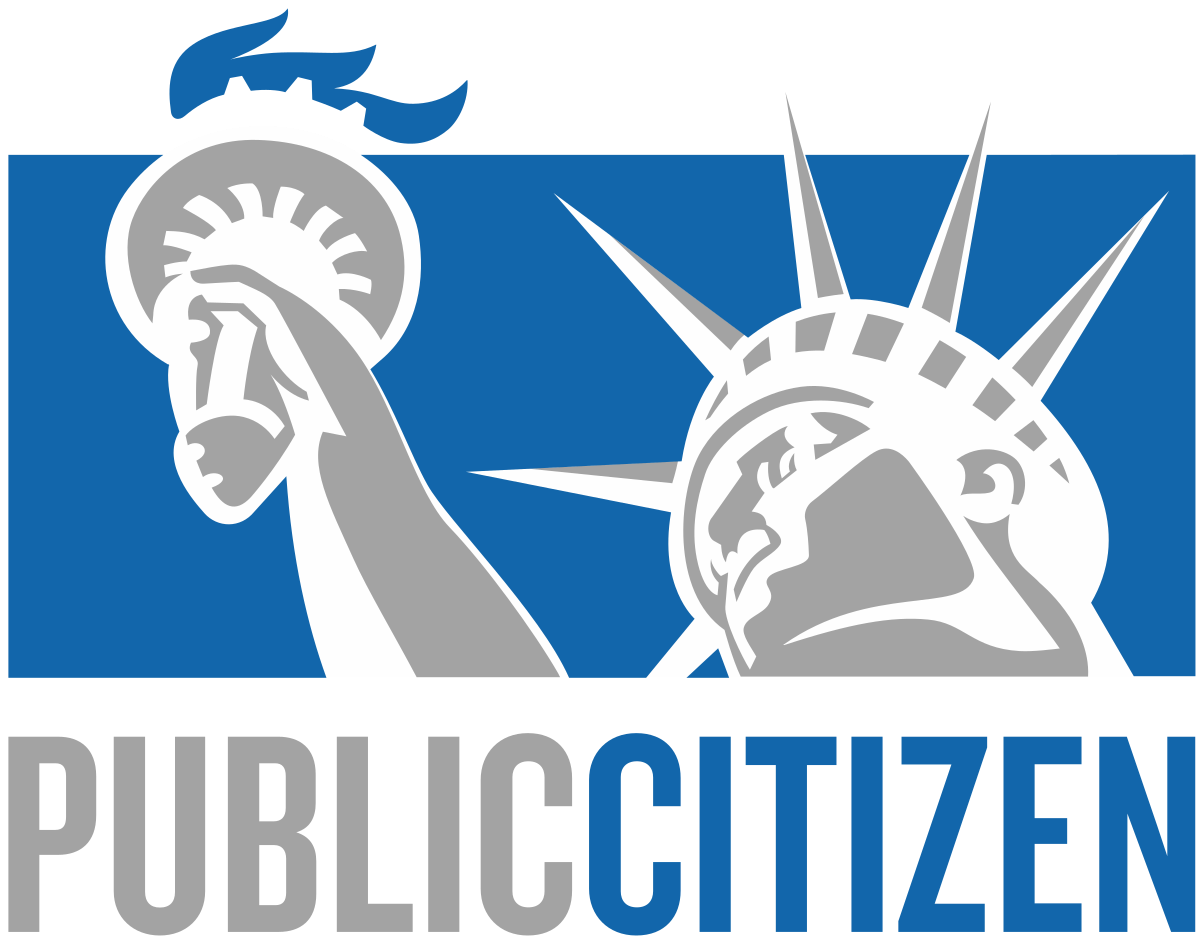By Robert Stewart
An earlier version of this article was posted on Public Citizen’s Blog.
From founding father Ben Franklin to Grammy award-winning rapper J Cole, people have time and again remarked about taxes being one of the only certainties in life besides death. However, all too often U.S.-based multinational corporations have proven to be the exception to this rule and frequently participate in tax avoidance strategies to the detriment of the nation’s revenues. Lack of adequate revenues often leads to conservatives championing cuts to funding for critical government services like Medicare, social security, maintenance of infrastructure, and public schools. As part of our work to tackle this problem of tax avoidance and ensure the government is well-funded, the Financial Accountability and Corporate Transparency (FACT) Coalition, of which Public Citizen is a Steering Committee member, held two virtual briefings for Congressional staffers in October to discuss remedies to combat egregious tax avoidance by large multinational corporations.
The first virtual briefing, held on October 7, 2020 titled “Trending Toward Tax Transparency” was facilitated by Erica Hanichak, Government Affairs Director of the FACT Coalition. Speaking on the panel were experts representing a variety of stakeholders in support of greater tax transparency: Rob Wilson (MFS Investments), John Keenan (American Federation of State, County and Municipal Employees), Awesta Sarkash (Small Business Majority), and David Gonzales (Moody’s Investor Service).
The panelists’ discussion focused on a piece of legislation, the Disclosure of Tax Havens and Offshoring Act (H.R.5933, S.1609), that would amend the Securities Exchange Act of 1934 to require country-by-country reporting. This proposed bill would require public companies that report to the Securities and Exchange Commission (SEC) to release high-level financial data to the public — information already reported privately to government authorities — on a country-by-country basis. The proposed law would require public companies to report items including: a list of subsidiaries, main activity, revenue, profit, tax, number of employees, stated capital, accumulated earnings, and tangible assets. This bill would ensure investors are provided with enough information to discern if the companies they are invested in are participating in risky behavior like corporate tax avoidance.
The second virtual briefing, “Ending U.S. Tax Incentives for Offshoring,” occurred on October 22, 2020 and was moderated by Susan Harley, Managing Director of Public Citizen’s Congress Watch division. The panelists were: Greg Jefferson (AFL-CIO), Josh Nassar (United Auto Workers), Professor Kim Clausing (Reed College), Didier Jacobs (Oxfam America) and Awesta Sarkash (Small Business Majority).
The proposed legislative solutions the panel of experts highlighted were: the No Tax Breaks For Outsourcing Act (H.R.1711, S.780) , the Removing Incentives for Outsourcing Act (S.1610), and the Stop Corporate Inversions Act (S.2140).
During the virtual briefing, organized labor representatives from the AFL-CIO and UAW gave a sobering prospective on how American workers bear the brunt of these current harmful tax incentives. While worker productivity has increased, wages have stagnated, exacerbating the extreme income inequality we are seeing in our nation. These union representatives also expressed the sentiment that policies intended to reduce outsourcing need to work in concert and take a comprehensive approach—tax policy, anti-trust policy, trade policy, labor rights, and domestic investment all need to be addressed in a meaningful way to improve the material lives of working Americans.
Ms. Sarkash, the small business advocate on the panel, urged policy makers attending the briefing to address the fact that when multinational entities partake in aggressive tax planning and profit shifting schemes, it shifts the tax burden to small businesses. Because small businesses do not have access to heavily staffed accounting firms and tax lawyers to participate in aggressive tax planning, nor do they have subsidiaries in other countries where they could shift their profits, it puts them on an unlevel playing field. And, the fewer revenues coming into the U.S. government from multinational companies means the rest of the country’s taxpayers—including small businesses—end up having to pick up the slack for the cost of important societal services.
Highlighted as the most comprehensive of the various legislative solutions discussed, panelists outlined how the No Tax Breaks For Outsourcing Act would end the 2017 TCJA tax incentives to outsource jobs and shift profits offshore by ensuring that multinational entities pay the same tax rate on profits earned abroad as they do in the United States. The bill also includes strong protections against “inversions”—where U.S. companies reincorporate in low-tax jurisdictions though they are still managed and controlled in the U.S.
The briefing ended with a brief discussion of the global movement toward ending profit shifting and how fixing U.S. tax law that incentives profit shifting would bolster the collaborative international efforts currently underway at the OECD.
Unfortunately, the tax system as we know it operates in favor of the rich and powerful, which ends up disadvantaging everyone else when these powerful interests are able to avoid paying their fair share. However, the political momentum to unrig our current tax code continues to grow. The results of the recent presidential election of Joe Biden as the 46th president of the United States can be seen as a vote in favor of tax fairness. But, because of the lobbying power of multinationals and trade associations like the U.S. Chamber of Commerce, it is going to take a huge fight to get these commonsense tax changes like country-by-country tax reporting and equalizing domestic and foreign tax rates enacted.
However, with enough grassroots power, we will create the political will to enact transformative policy. We know that our nation can and will have a tax system that works to the benefit of all Americans. Join the fight!
—
Robert Stewart is a Tax and Disclosure Advocate with Public Citizen.

